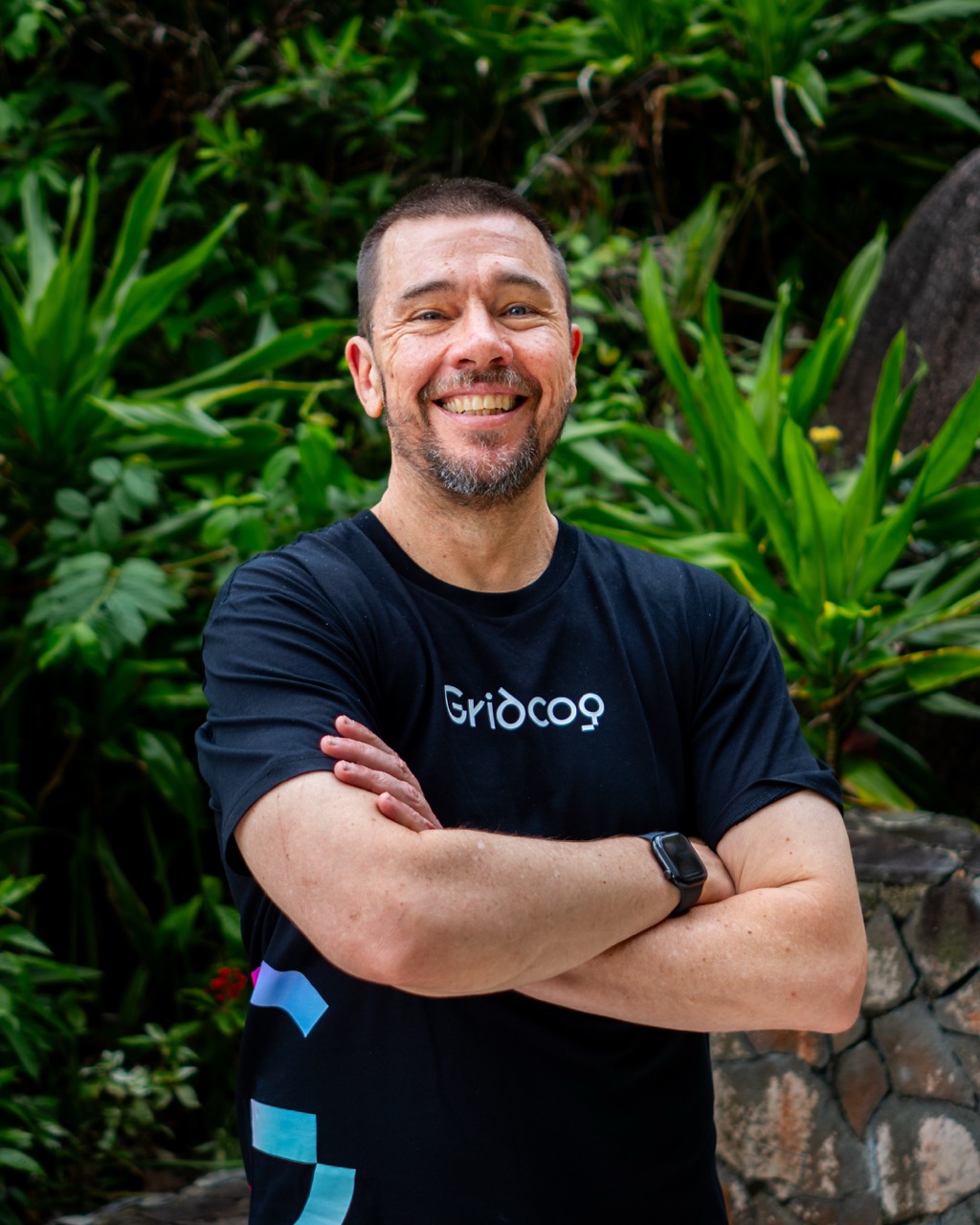Microgrids and the future of energy supply in Western Australia

Australia has some of the longest distance and lowest density transmission and distribution networks in the world.
For the energy users in remote and regional locations on the edge of our power grids, this means unreliable supply and high electricity losses. While typically around 10% of the electricity generated in a power station is lost, for users at the end of the line, this can be as high as 20%.
For the owners and operators of Australia’s transmission and distribution networks, these energy users are the highest cost to serve. We generally have uniform network tariffs, meaning everyone pays the same for the use of the network, but the cost of transporting energy to remote and regional users can be as much as ten times higher.
Meanwhile the energy system is in transition and we have new options for supplying energy driven by the need to decarbonise the energy system and new inverter based energy systems that scale down and can be installed close to loads to improve reliability and avoid energy transport costs, as we discuss in the Gridcognition manifesto.
Western Power and the Modular Grid
Western Power is the State-Government owned electricity network business in Western Australia. Western Power is one of the most progressive network businesses in the world, pioneering community batteries, stand-alone power systems, and now disconnected microgrids, as part of their Modular Grid strategy.
The State Government of Western Australia has just announced Disconnected Microgrid Pilot Opportunity in connection with Western Power.

A disconnected microgrid is a small, isolated self-supported network which was once connected to the interconnected network but now operates independently from the rest of the grid.
The Australian Federal Government is also providing support with their Regional and Remote Communities Reliability Fund and ARENA, Australia’s Renewable Energy Agency, is also supporting Microgrids with their Australia Microgrid Pilots Program.
Together, Government funding support and progressive strategies from regulated utilities like Western Power, along with new technology options will see a radical re-shaping of what we mean power a ‘power grid’ over the coming years and decades.
More modular power grids will deliver energy users cleaner, cheaper, and more reliable energy. But getting there means navigating a raft of regulatory, technological, and commercial challenges.
Sunrise Energy Group and the Town of Mullewa
Mullewa is a wheatbelt town and has some of the most unreliable energy supply in Western Australia’s South West Interconnected System (SWIS). Sunrise Energy Group is leading a consortium to develop plans for new supply options for Mullewa.
The project will develop a feasibility study into a renewable energy microgrid in the town. The town sits at the end of a 100km radial feeder with high line losses and unreliable power supply, particularly in the summer peak. The study will allow the community and investors to make informed decisions on implementing improved reliability in Mullewa. The feasibility study will include data capture and analysis, developing commercially viable technical solutions, establishing new commercial models, scenario modelling, testing proposed solutions, community and stakeholder engagement, development activities, and knowledge sharing.
Sunrise Energy Group was one of the first users of the Gridcognition simulation and optimisation software, and will be using Gridcognition to create commercial models, scenario assessments, and virtual testing of possible technical and commercial solutions for Mullewa as part of the feasibility study.
Creating confidence for the leaders investing in the future energy system
At Gridcognition, our mission is to accelerate the transition to a decentralised and zero-emissions energy system. There will be trillions of dollars of investment in distributed energy assets over the coming years and decades as the energy system becomes fully decentralised, fully electrified, and zero-emissions.
Whether it is microgrids, virtual power plants, community energy systems, or electric vehicle charging networks, we’re here to help the people rolling out these new energy assets to get both the best economic outcome for their stakeholders and the best environmental outcome to tackle the climate crisis.
We’re proud to be supporting Sunrise Energy Group with the Mullewa Microgrid Feasibility study and to be supporting the broader shift to cleaner and more decentralised energy supply for remote and regional energy users.



